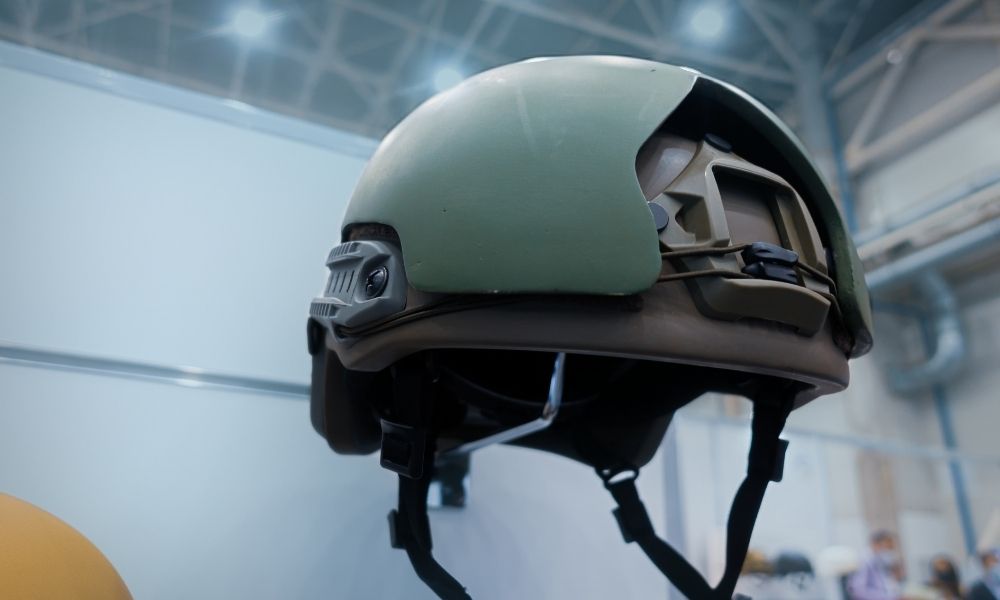

War is an uncertain time for every person engaged in military service, and no matter how prepared you are with training and tactical gear, facing the inevitable is always frightening. That’s why many people go overboard with their gear and tend to overcompensate. But what does that say about the quality of the gear that is assigned to the soldiers in battle? Looking closely at some of the uniform items might clue us in to how effective ballistic helmets are in combat.
From the start of World War I, military leaders and advisors have noticed a need to implement headgear as an additional safety tactic. The first time helmets were used was in WWI, when they were promoted to help protect soldiers from shrapnel and the impact of bomb blasts. This thought process was somewhat on the right track; unfortunately, those helmets were clunky and mostly iron, which made them hard to wear for long periods. In addition to that, they weren’t always bulletproof, though they did protect the wearer to an extent. Contusions and concussions would be common when wearing these helmets if impacted with high-velocity debris.
Following WWI, a newer, lighter, and more well-fitting alternative would make its way to the forefront. Kevlar is a polymer that can stop a bullet in its tracks, along with shrapnel and other falling debris. Kevlar has now been used for the last several decades as the new standard for wartime shield protection. It has especially been adopted for bulletproof vests used by all military and police forces worldwide. Thus, the efficacy of this new material for ballistics was highly effective.
The latest in ballistic helmet technology is far more advanced than its predecessors, as it has a multitude of uses outside of mere protection. These helmets are more shaped to fit the head, so the molds look and feel more natural to the wearer. This makes for a seamless fit that provides the wearer the advantage of being able to maneuver in harsh terrain. The newest design also comes with multipatterned camouflage and accessories to help with communication and vision while on the field. These additions make the new versions extremely effective while on the frontlines.
To measure how effective ballistic helmets are in combat, we must see them in combat from a first-person perspective. Throughout the years, we have effectively made use of helmets, and they have evolved alongside our own knowledge of ballistics and what works and what doesn’t.
There’s nothing worse than lighting a new candle and watching it sputter out, tunnel, or…
Discover how woven metal fabric transforms restaurant design with its versatility, from feature walls to…
Upgrading your workspace? Get inspired by design ideas for materials, lighting, and amenities, and tips…
In recent years, the global interest in peptides has surged due to their wide-ranging benefits…
Maximize your workspace without overspending. Explore practical ways to expand your office using smart layouts,…
Discover how to create a thriving STEM community through hands-on, collaborative projects that are perfect…